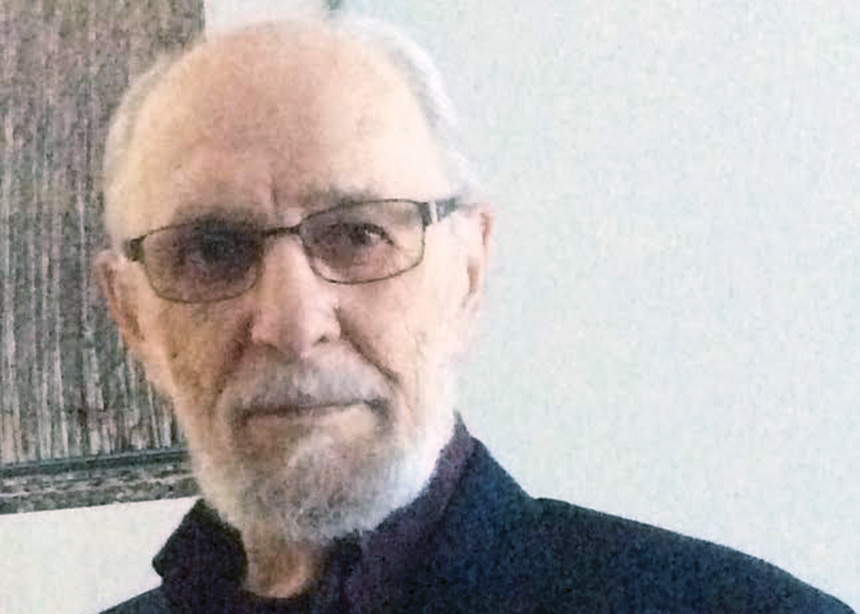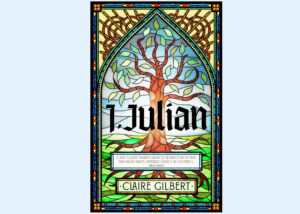How does one go about writing a novel? For author Erwin J. Wiens, the idea for his book To Antoine came to him about 30 years ago and haunted him for about 10 years before he began to do some serious research. The first draft was finished nine years ago.
In the 1950s, Wiens’s parents sponsored a relative from Paraguay to come to Canada; it was a mother and her two children. The father had disappeared in the Soviet gulag in 1938. As a young child, Wiens overheard some of the stories she told his parents about Stalinist Russia and the Nazi occupation, about being refugees in Germany, and then life in Paraguay.
At the time, they didn’t mean much but, as he grew older, he asked more questions, and his relative, as well as others, were willing to answer them, giving him insight into their turbulent past. He consulted diaries and memoirs that fell into his hands, and he read widely in published books and essays.
He had also studied and taught English literature, and his field of expertise was the early modernist era, roughly between 1890 and 1940, when authors such as Yeats, Eliot and Pound—also Mann, Broch and Brecht, among others in Germany and France—struggled heroically to articulate a vision that would stop the drift of European culture into barbarism.
According to Wiens, these authors veered between the extremes of fascism and Soviet communism, and the only ideology they all held in contempt was bourgeois capitalism.
“I thought I might come to a clearer understanding of this period if I used the Mennonite experience as a kind of lab specimen that I could put under a microscope to study the viruses that had infected the whole body of European society,” Wiens says.
And so he threaded many themes together in To Antoine. He has the narrator, Peter, a peasant boy from a Mennonite village, become friends with Antoine, the orphaned son of provincial Russian nobility and a German haute bourgeoisie mother. Antoine is dropped on the doorstep of Peter’s family, and Peter is fascinated by him, as they are opposites in so many ways.
Wiens has his character write to his friend as if talking to him directly after a long separation.
Mennonite Central Committee was active in Germany helping Mennonite refugees escape to Paraguay or Canada and, in the novel, MCC plays a role in Peter’s escape to Paraguay.
Wiens says his novel was written before the current debate among historians about Mennonite complicity in Nazi horrors became “a hot subject.” He tried to deal honestly with those issues.
When Wiens chose to write about the Mennonite refugee experience after the Second World War, he felt that several excellent novels had been written about those who escaped the Soviet Union in the 1920s, but few had focused on this group of Mennonites. “My novel began as an act of homage to their courage in a time and place when they often had to make painful compromises,” he says.
Wiens says his characters are pure fiction, but some will no doubt seem familiar to those whose families lived through these years.








Leave a Reply
You must be logged in to post a comment.